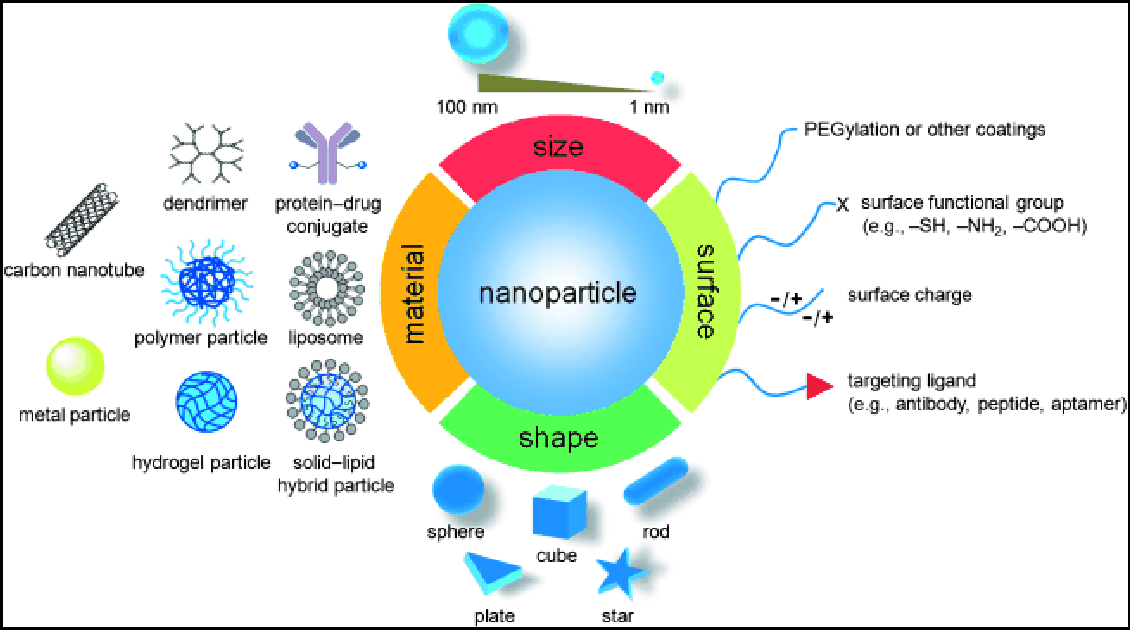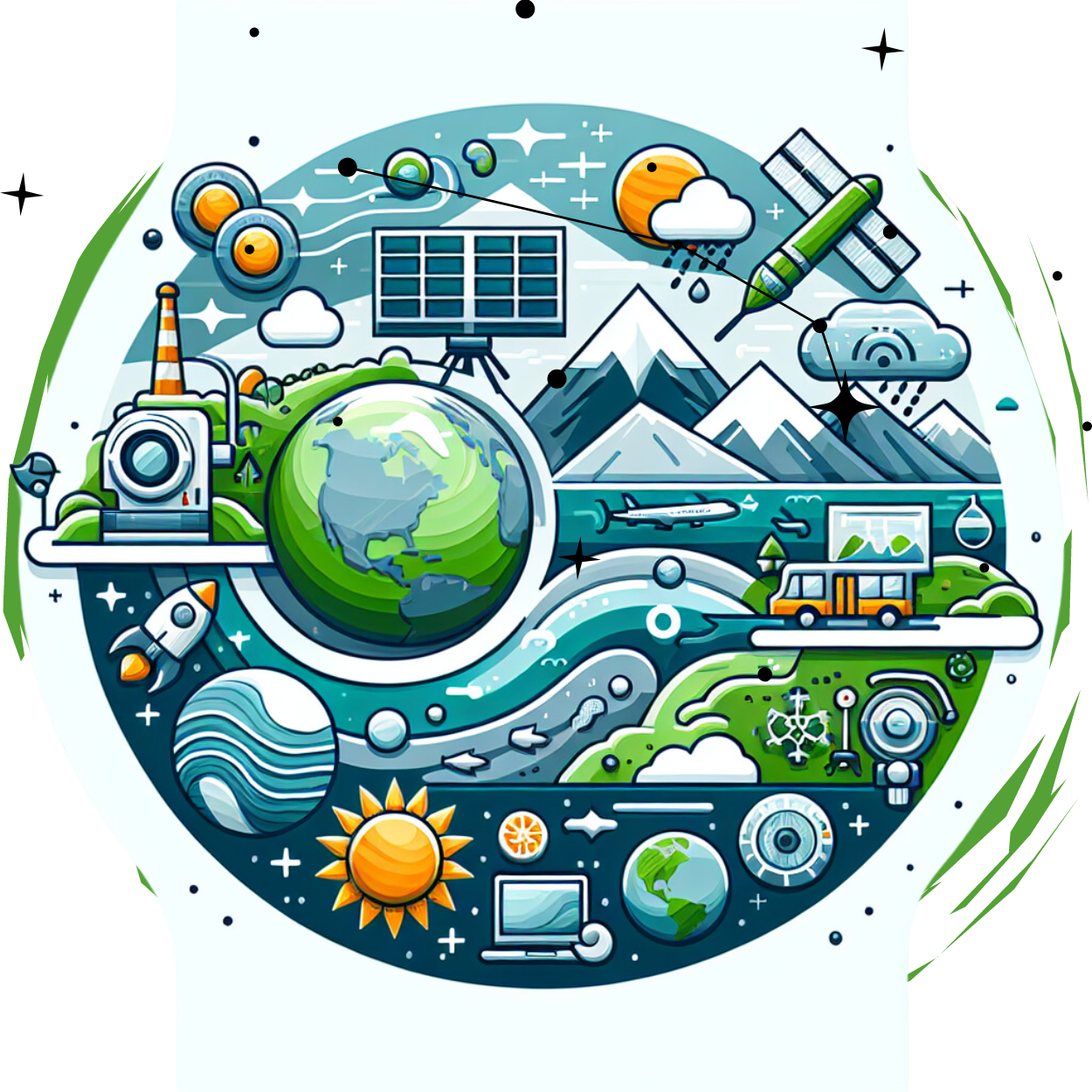
Introduction
Nanotechnology, the science of manipulating matter at an atomic or molecular scale, has made significant strides in recent years. It is revolutionizing various industries by enhancing products’ performance and functionality. From cosmetics to energy solutions, nanotechnology is making a profound impact on everyday products. This article explores how nanotechnology is transforming these sectors and the benefits it brings to consumers.
Nanotechnology in Cosmetics
- Enhanced Skin Care
Nanotechnology has revolutionized the skincare industry by enabling the creation of nano-sized particles that can penetrate deeper into the skin. These nanoparticles can deliver active ingredients more efficiently, leading to improved hydration, anti-aging, and overall skin health. For instance, nano-emulsions can help deliver vitamins and antioxidants directly to the skin’s cells, providing more effective results than traditional formulations.
- Improved Sun Protection
Nanotechnology has also advanced sun protection products. Nano-sized titanium dioxide and zinc oxide are used in sunscreens to provide broad-spectrum UV protection without leaving a white residue on the skin. These nanoparticles are more effective at blocking UV rays and offer better coverage, making sunscreens more comfortable and effective for daily use.
- Longer-Lasting Makeup
In the makeup industry, nanotechnology enables the development of products with enhanced durability and performance. Nano-sized pigments and particles in foundations, lipsticks, and eye shadows ensure better color stability, smoother application, and longer-lasting wear. These advancements help consumers achieve a flawless look that stays intact throughout the day.
Nanotechnology in Energy Solutions
- Enhanced Energy Storage
Nanotechnology is transforming energy storage by improving battery performance. Nanomaterials, such as graphene and carbon nanotubes, are being used to create batteries with higher energy densities, faster charging times, and longer lifespans. For example, lithium-ion batteries with nanostructured electrodes offer greater capacity and efficiency, making them ideal for use in electric vehicles and portable electronics.
- Improved Solar Cells
Nanotechnology has also advanced solar energy solutions. Quantum dots and nanostructured materials are being used to create more efficient solar cells that can capture and convert a broader spectrum of sunlight into electricity. These innovations lead to higher energy conversion rates and lower costs, making solar energy a more viable and sustainable option for powering homes and businesses.
- Enhanced Fuel Cells
In the field of fuel cells, nanotechnology is improving the performance and efficiency of hydrogen-based energy systems. Nanocatalysts are used to enhance the electrochemical reactions in fuel cells, leading to higher power output and reduced costs. These advancements contribute to the development of cleaner and more efficient energy solutions for various applications, including transportation and stationary power generation.
Benefits of Nanotechnology in Everyday Products
- Increased Efficiency
Nanotechnology enhances the efficiency of products across different industries. In cosmetics, nano-sized particles improve ingredient delivery and effectiveness. In energy solutions, nanomaterials increase energy storage, conversion, and efficiency. These advancements lead to better performance and longer-lasting products.
- Enhanced Performance
Products incorporating nanotechnology often exhibit improved performance compared to their conventional counterparts. For instance, sunscreens with nano-sized UV filters offer better protection without affecting the skin’s appearance. Similarly, nanostructured batteries and solar cells deliver higher energy densities and conversion rates, making them more effective and reliable.
- Sustainability
Nanotechnology contributes to sustainability by enabling the development of more efficient and eco-friendly products. In energy solutions, nanomaterials enhance the efficiency of renewable energy sources, reducing reliance on fossil fuels. In cosmetics, nanotechnology can lead to the creation of products with lower environmental impact due to improved performance and longer-lasting effects.
Challenges and Future Outlook
While nanotechnology offers numerous benefits, there are also challenges to address. Concerns regarding the safety and environmental impact of nanomaterials need to be thoroughly investigated. Regulatory frameworks are evolving to ensure the safe use of nanotechnology in consumer products.
Looking ahead, the future of nanotechnology holds exciting possibilities. Continued research and development will likely lead to new innovations and applications, further transforming everyday products and enhancing their performance and sustainability.
Conclusion
Nanotechnology is making a significant impact on various industries, from cosmetics to energy solutions. By enabling the development of products with improved efficiency, performance, and sustainability, nanotechnology is transforming how we experience and interact with everyday items. As research and technology continue to advance, the potential for nanotechnology to revolutionize even more aspects of our lives is immense.

